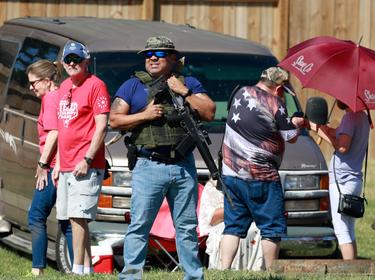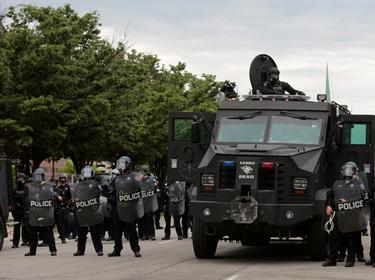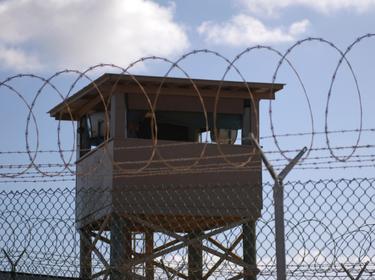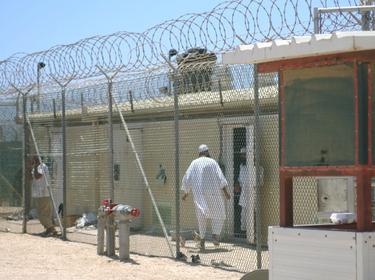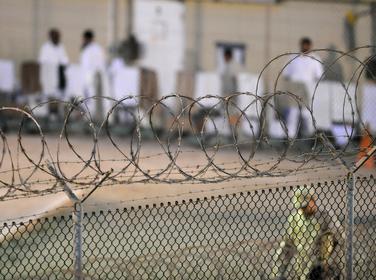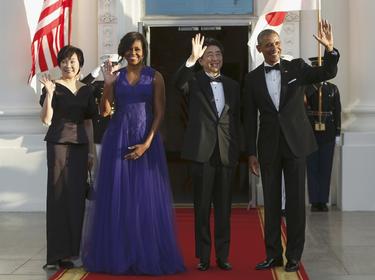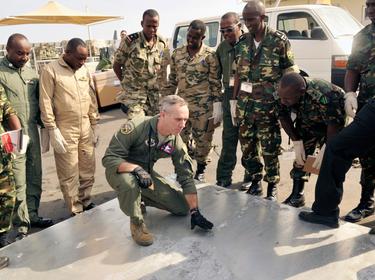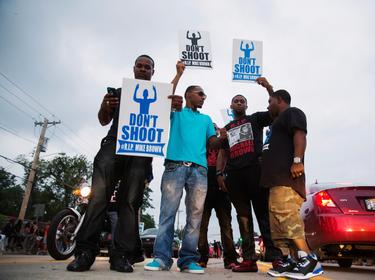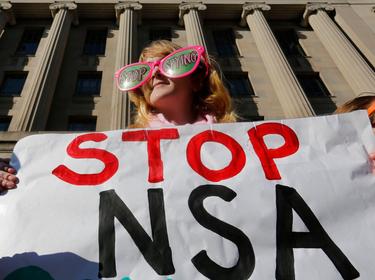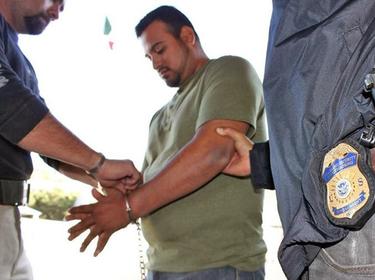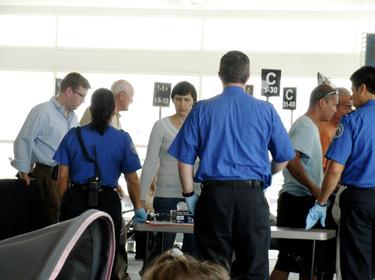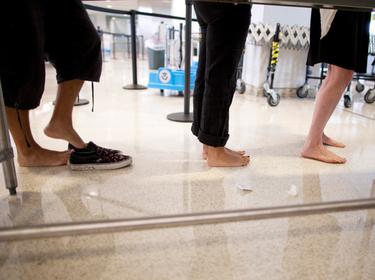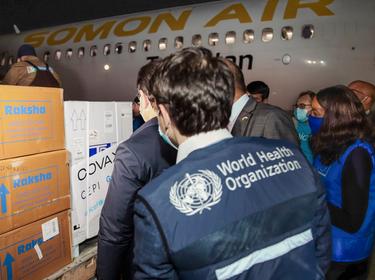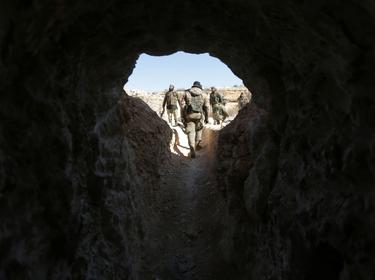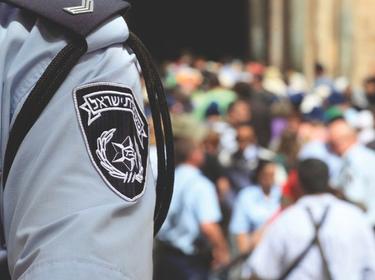Jack Riley is vice president and director of RAND's Homeland Security Research Division. He directs the RAND Homeland Security Operational Analysis Center (HSOAC), which provides independent and objective analyses to the U.S. Department of Homeland Security.
Until January 2022, Riley directed the National Security Research Division (NSRD), home to another Federally Funded Research and Development Center (FFRDC) operated at RAND under a contract with the U.S. government. From 2008 to 2010, Riley was associate director of NSRD. Before that, he served as associate director of RAND Infrastructure, Safety, and Environment (ISE). Prior to joining RAND, Riley worked as a senior civil servant at the U.S. Department of Justice where he focused on crime, immigration reform, drug epidemiology, and domestic terrorism.
Riley has testified before Congress on multiple occasions and has served as a trial observer in Guantanamo. He is a member of the Pacific Council on International Policy, and a board member at the National Defense University Foundation. A supporter of educating the next generation of national security professionals, Riley has guest lectured at the University of Michigan's Ford School on the role of policy analysis in national security, and given a commencement address at the University of Pennsylvania's Department of Criminology. He is also on the board of the Fern Hollow Nature Center.
As a researcher, Riley has led and co-led numerous projects on national and homeland security topics, including an evaluation the DOD program providing excess equipment to law enforcement agencies; assessments of passenger rail and airport security; police and security sector reforms in Israel, Mexico, and Afghanistan; and gun violence reduction and police/community relations in Los Angeles, Cincinnati, Dallas, and elsewhere. In addition to scholarly reports and journal articles, Riley has written commentaries that have been published in such outlets as The Washington Post, the Los Angeles Times, Newsweek, U.S. News and World Report, and the New York Daily News. He's also given interviews with NPR, CBS, the New York Times, and Bloomberg Radio.
Riley holds a Ph.D. in public policy analysis from Pardee RAND Graduate School, an M.S. in foreign service from Georgetown University, and a B.A. in economics and Russian from the University of Michigan.

